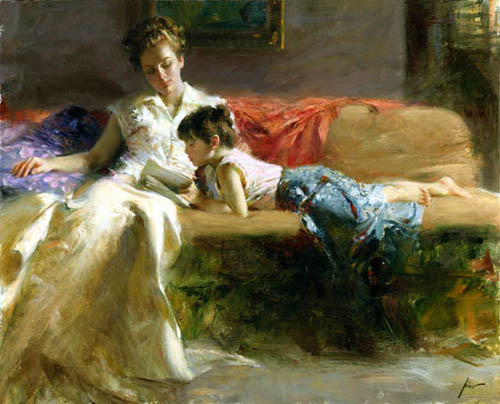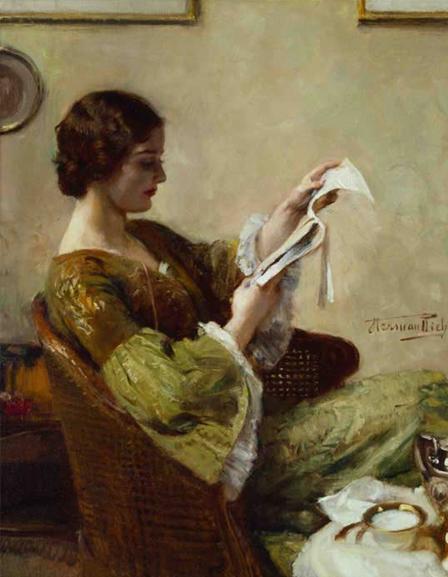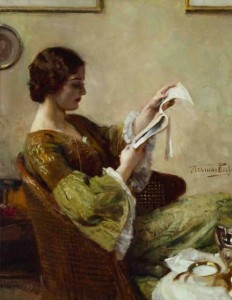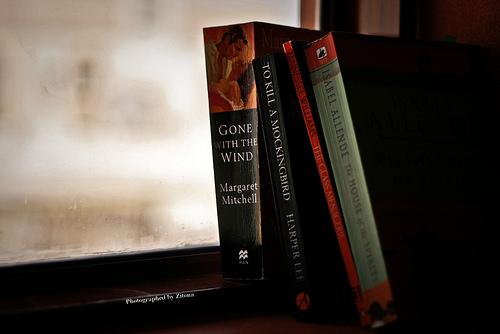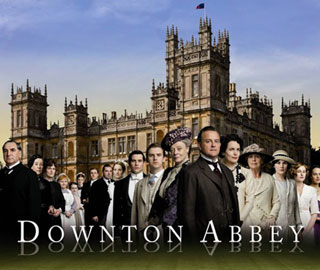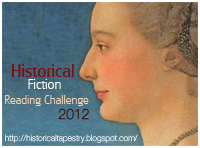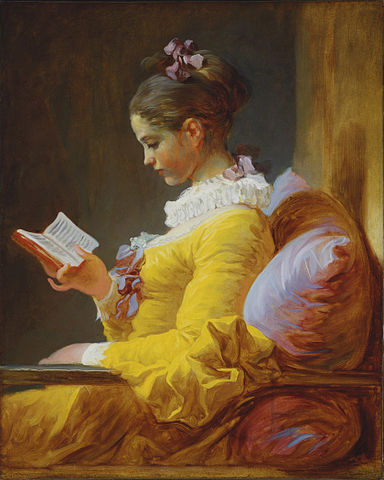[amazon_image id=”0061726834″ link=”true” target=”_blank” size=”medium” class=”alignleft”]Delirium[/amazon_image]Lauren Oliver’s dystopian YA novel [amazon_link id=”0061726834″ target=”_blank” ]Delirium[/amazon_link] takes place in an alternate present in which love has been found to be the root of all humanity’s problems and has subsequently been treated as a disease. When citizens turn eighteen, they undergo a procedure that removes their capacity for love, and, in the view of most members of the society, renders everyone happier. Lena is weeks away from her procedure when she meets Alex. She falls in love with Alex, or as her society would call it, contracts amor deliria nervosa. Alex leads her to question everything she has ever believed about her society.
One of Oliver’s nice touches is an epigraph at the beginning of each chapter. The epigraph comes from literature or handbooks published by the government, and it is a quick way for Oliver to give her reader a glimpse of the world in which the novel is set. The reader doesn’t learn too much about what is going on outside of the U.S., and that is by design, because Lena doesn’t know, and the oppressive government is not forthcoming. Perhaps because Lena either does not know or is not interested (or because Oliver is saving it for later in the trilogy), the reader doesn’t learn how society arrived at the conclusion that love is a disease that should be eradicated. I did get the sense that the U.S. had decided love was dangerous quite a long time ago. I had a little bit of trouble believing the U.S. had come to the conclusion that love was so dangerous when it was mentioned that not every country in the world agreed, and I had to wonder what happened in the U.S. We are a group of people who enjoys their freedom, and for us to agree to such a totalitarian regime, something big must have happened. I didn’t get my answer, but perhaps it will be revealed in the future books of the trilogy.
While I can appreciate the way in which Oliver designed this alternate present, and parts of the book were gripping, the book as a whole didn’t grab me by the jugular the way it seems to have done for many other readers. I think I couldn’t get past the idea that a society would ever decide love was a problem that needed to be eradicated. I think I might try to read the sequels because I am interested enough to know what happened. I struggled with how to rate this book, and I ultimately decided on four stars because I did think it was probably better than just OK, but I also had no trouble putting it down, and sometimes I wasn’t over eager to pick it back up again.
The sequel to Delirium, [amazon_link id=”006197806X” target=”_blank” ]Pandemonium[/amazon_link], will be released on February 28.
Rating:




Other reviews for Delirium:
